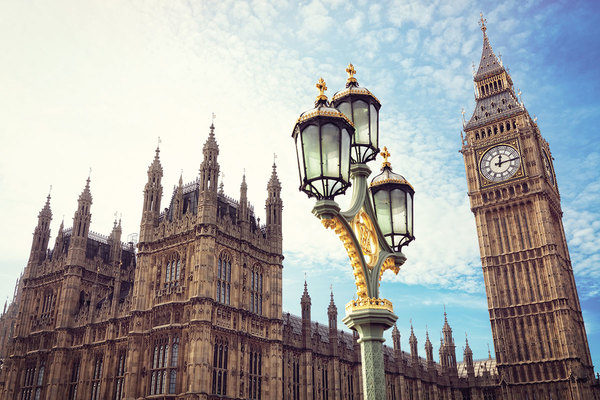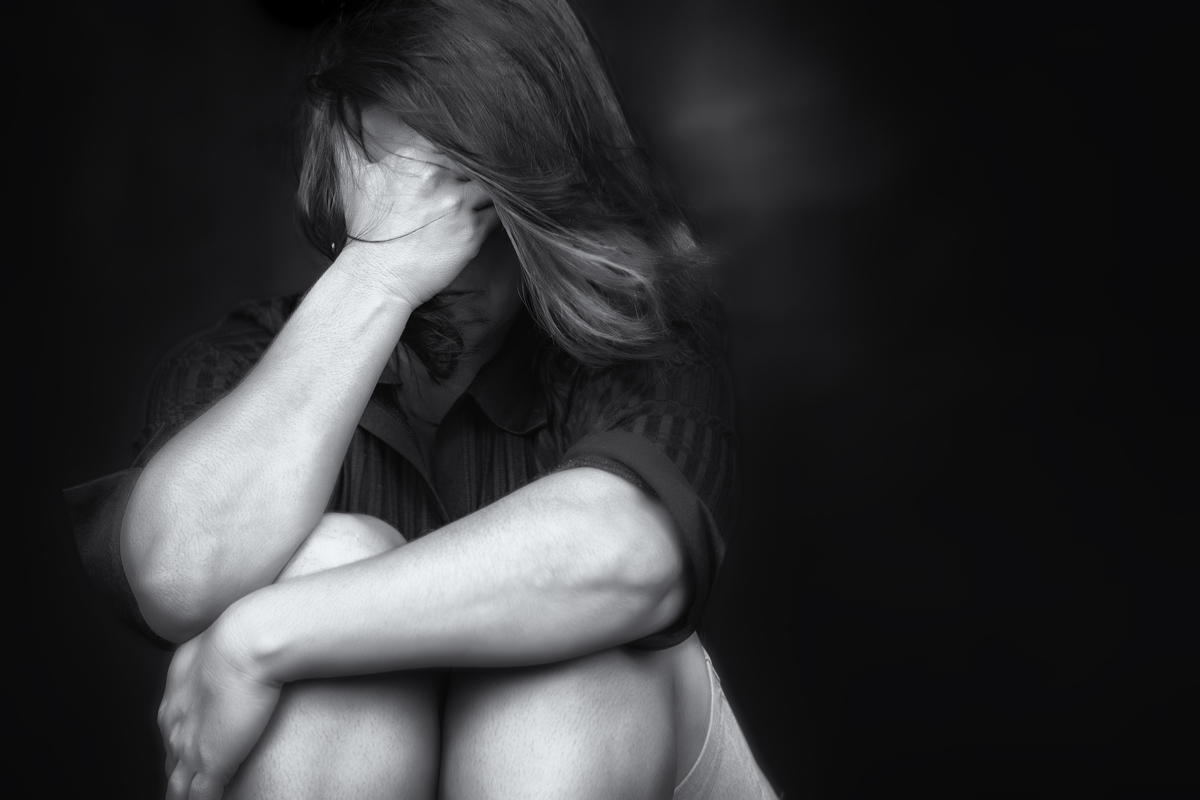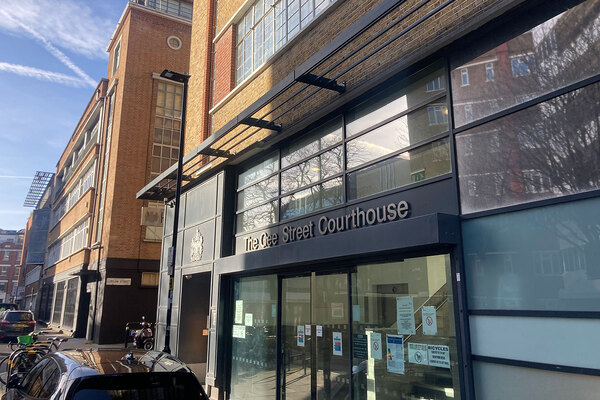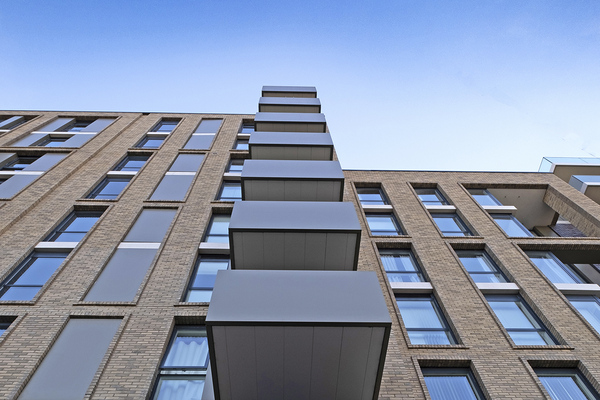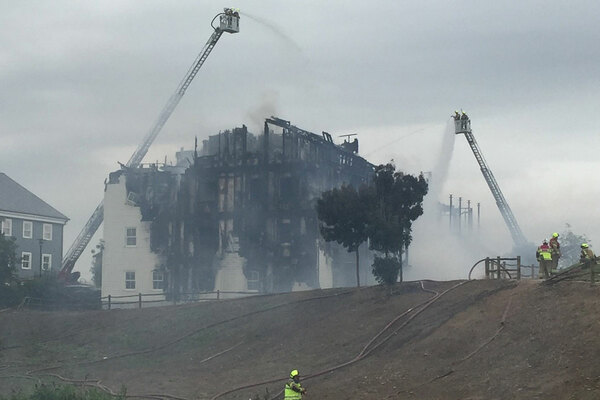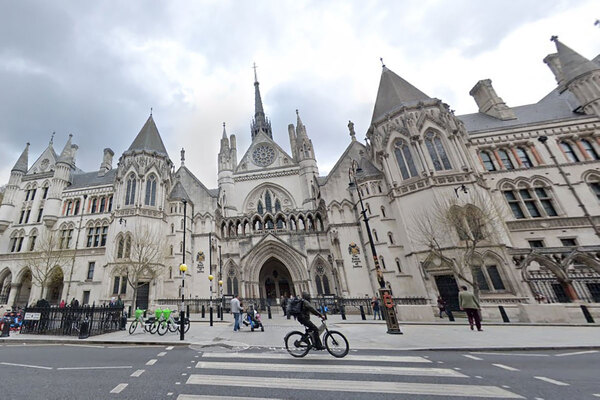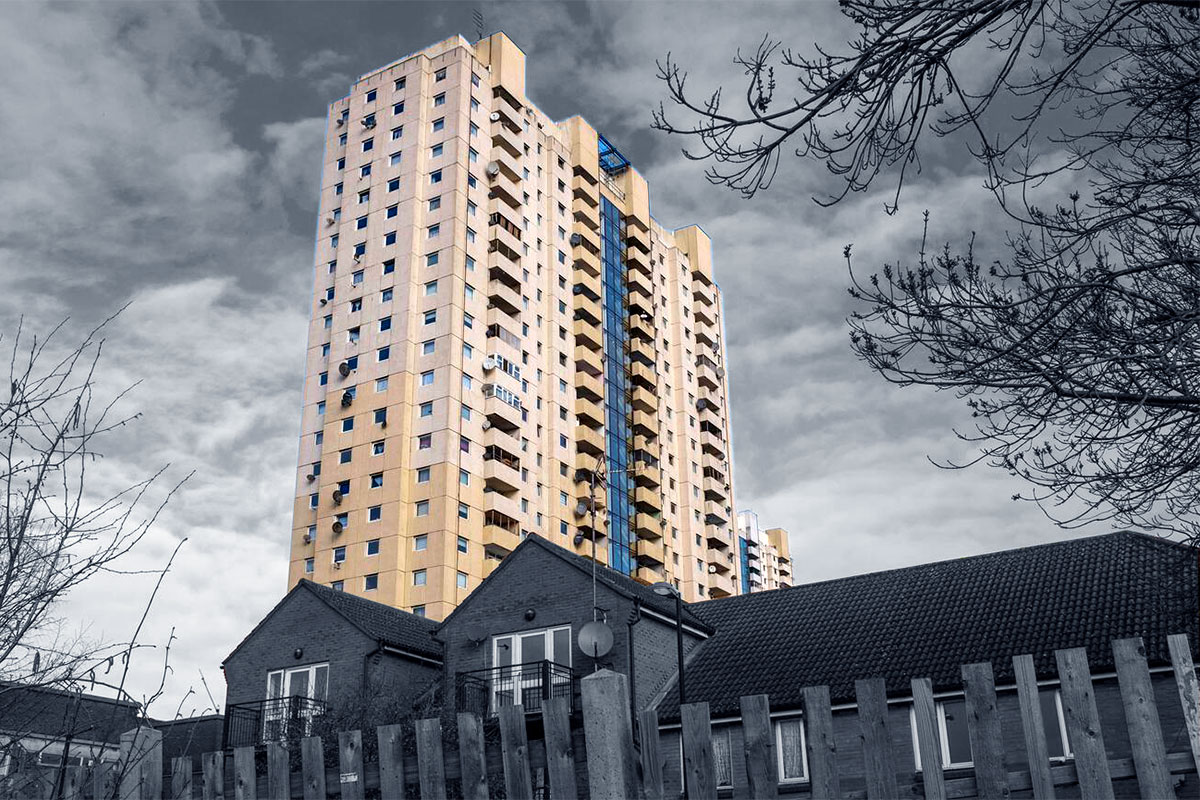You are viewing 1 of your 1 free articles

Fitness for Habitation Bill will empower victims of abuse
Some of the most vulnerable people in society have to choose between remaining in an abusive relationship or moving into substandard housing. New legislation should help improve the situation, writes Nazmin Akthar-Sheikh
The news that the Homes (Fitness for Human Habitation and Liability for Housing Standards) Bill had passed its second reading on 19 January appears to have been welcomed by all, other than perhaps the rogue landlords who have up until now avoided providing safe and suitable homes – and perpetrators of violence and abuse.
There are said to be at least one million properties in the UK which are unfit for human habitation and which may be adversely affecting up to three million people, including children and older people. It is unfathomable that such a significant proportion of the population is being forced to live in substandard housing conditions in this day and age.
The impact is not just on the physical and mental well-being of the individuals involved; it is disempowering some of the most vulnerable individuals in society.
Victims of abuse – from people suffering from domestic violence to people in danger of being forced into a marriage – are having to choose between remaining in an abusive relationship and substandard housing.
“The impact of unfit properties is disempowering some of the most individual individuals in society.”
Imagine being the mother of two young children who, having left a violent spouse, is now having to contend with damp and mould growth which threatens the health of her children?
Imagine being kicked out of your home and disowned by your family because you refused to marry someone of their choosing, and finding yourself alone and isolated, with limited funds and in a home with inadequate heating?
These are not fictional situations but rather elements of real life cases where sadly the issue of unsuitable housing has led to exacerbating a victim’s already dire situation to the point that they have sometimes turned to self-harm, and other times returned to their abusers and condemned themselves to a life of pain.
The current options available to tenants are littered with hurdles. To begin with, tenants are unlikely to have recourse to law themselves.
Tenants would instead have to turn to local authorities to carry out Housing Health and Safety Rating System (HHSRS) inspections and pursue enforcement where repairs are not carried out following the issuance of a notice; except it appears from the research and information available that this in itself is a hit-and-miss exercise and levels of enforcement can vary from council to council, most probably due to a lack of resources exacerbated by budget cuts.
The proposed bill will remove this game of pot luck by making the requirement of homes to be fit for human habitation an implied term, thus allowing tenants to seek direct legal action against their landlords if the term is breached.
On becoming law, it will send a clear message to rogue landlords that allowing tenants to suffer through substandard housing will not be tolerated – and will also inform victims that they no longer have to choose between two evils.
Of course there are a range of other issues which still need to be addressed. For one, it is necessary to ensure all tenants are in fact able to seek legal recourse through the provision of suitable legal aid; it may also be useful to review means by which local authority HHSRS enforcement can be strengthened.
Otherwise we will remain in a situation where options are available but implementation is difficult. Supporting refuges and increasing the availability of social housing is also vital to aid and empower those in need.
However, the achievement to be gained from this bill is not insignificant.
It will not just strengthen the rights of tenants, it will also go towards empowering victims of abuse and tackling the inequalities which surround us.
Nazmin Akthar-Sheikh, vice-chair, Muslim Women’s Network UK; and chartered legal executive

